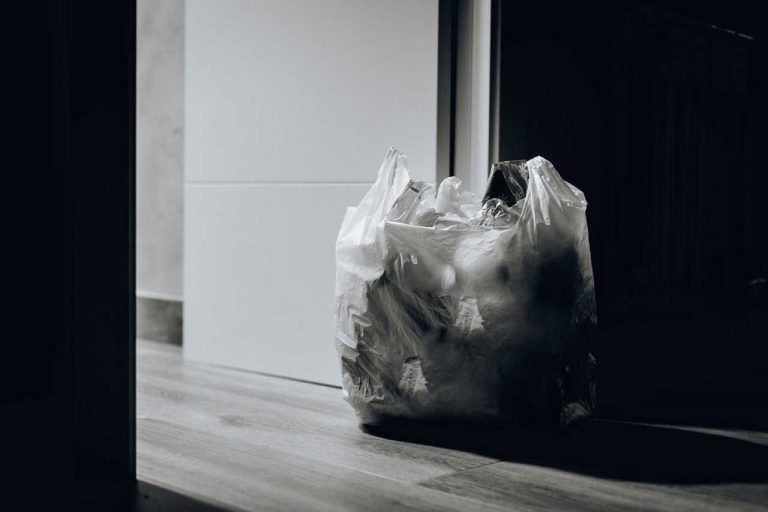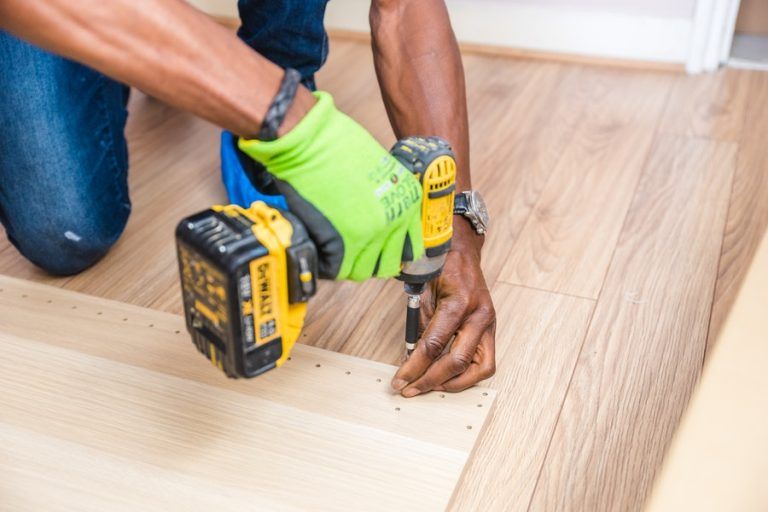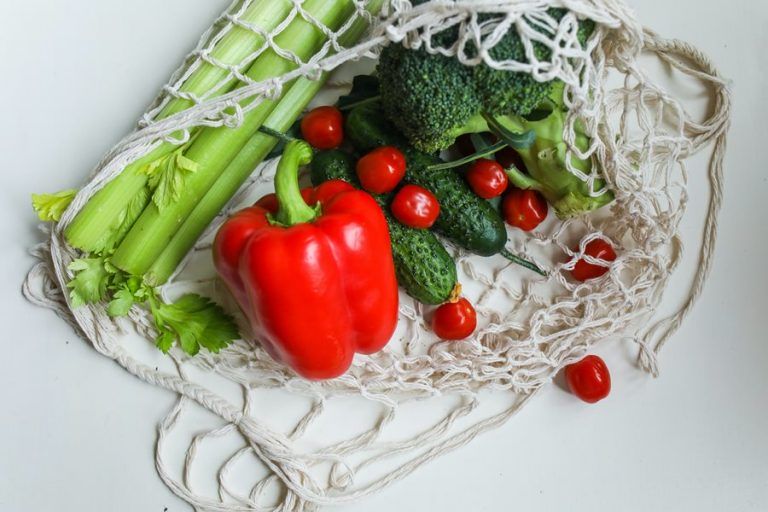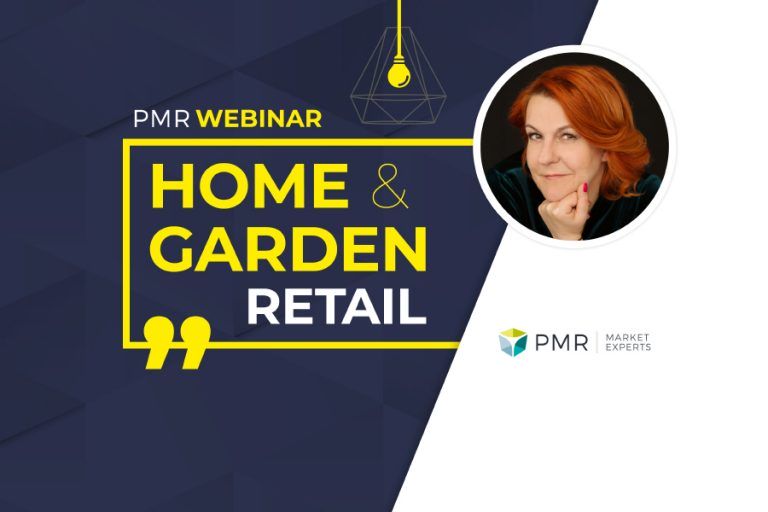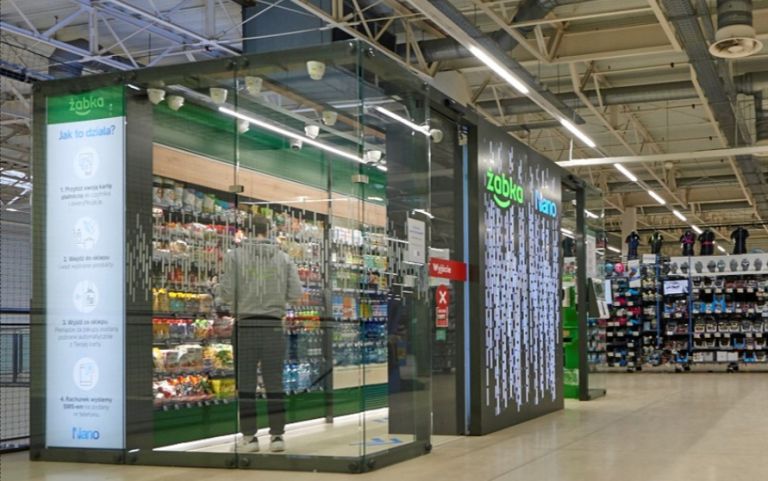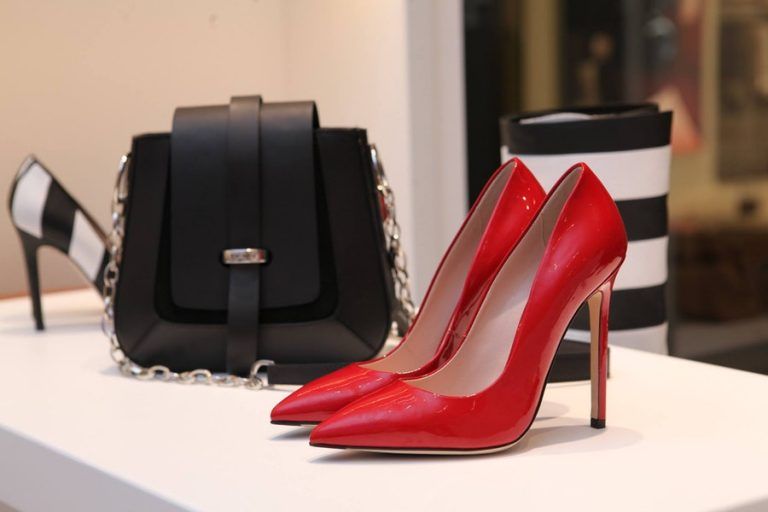PMR: 5 most influenctial trends in the cosmetics industry in 2020
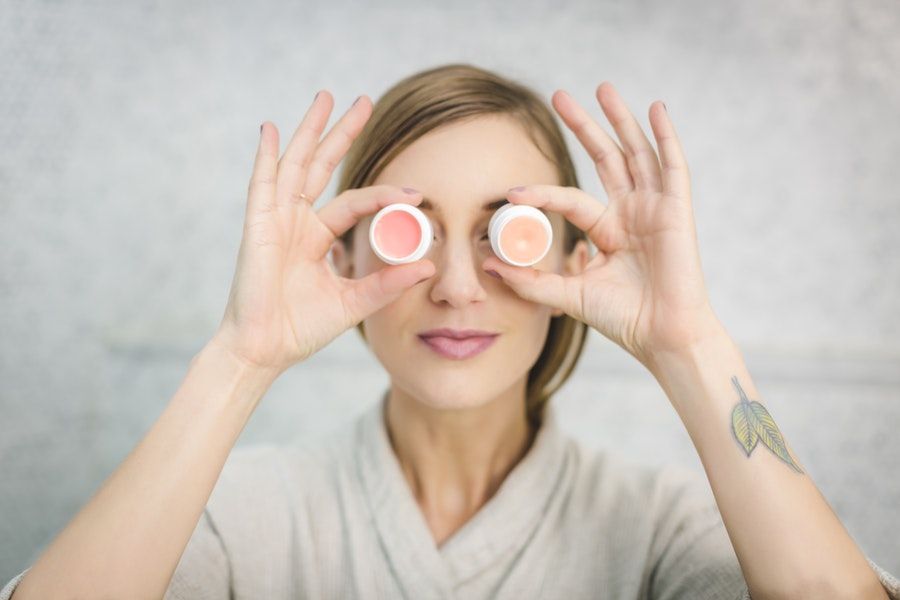
Wpis dostępny jest także w języku:
![]() polski
polski
What trends shaped cosmetics retail in Poland in 2020? A pandemic-induced surge in online shopping was the most prominent one. But there were others that helped to define the year. We have picked five trends that we think were most important.
The coronavirus pandemic, which reached the country in March, significantly transformed consumer attitudes and behaviour. In some respects, it has transformed them permanently. Three of our five trends were either caused or accelerated by COVID-19. We start with them.
Online’s big gains
Perhaps the most significant consequence of the coronavirus, one that is set to outlast the pandemic and alter the cosmetics retail landscape for good, is the accelerated migration of consumer spend to online channels.
The closure of non-essential shops, including perfumeries, in March for nearly two months; limits on customers allowed into stores that remained open; people afraid of leaving their homes, and keeping away from crowds, for fear of catching the virus – all this drove a surge in cosmetics e-commerce in the first half of the year. Retailers responded by ramping up their online offerings, or accelerating rollout plans – Hebe’s ultrafast home delivery service that promises to get orders to consumers’ homes in two hours is but one example – thus deepening the trend further. In a PMR survey carried out early in the pandemic, a third of respondents said they shopped online for cosmetics more often than before the outbreak. Many people will have bought cosmetics on the internet for the first time in 2020, and liked the experience. In autumn a ferocious second wave of COVID-19 hit Poland, prompting the government to re-impose restrictions, including a three-week lockdown of non-essential retail in November. This will have reinforced the shift to online purchasing.
In-store technologies that aid social distancing
The pandemic, and its safety implications, has also accelerated the adoption of self-checkout systems and other technologies that help limit human interaction in-store, making shopping quicker and safer. Customers clearly expect that.
Rossmann, the largest drugstore and cosmetics chain in the country with nearly 1,500 stores, announced in November that 100% of its stores now had self-checkout tills. In April, only 60% of them did. There were 2,100 self-checkout tills in Rossmann’s stores in November, up from 900 at the beginning of the year. It also upgraded its self-checkout process to make it friendlier for seniors. And in December, it added an in-store payment feature to its mobile app, Rossmann PL. It allows customers to scan and pay for products with their smartphones, without having to wait for checkout and using any till, whether manned or automated.
In another example, Sephora, the leading perfume chain, moved to take human contact out of in-store pickup. In September it installed click-and-collect lockers in its flagship store in Warsaw on a trial basis. Following a very good response from customers, it decided on a quick rollout across the entire network. By Christmas, a quarter of its nearly 100 stores were to contain such lockers.
Cocooning consumers: less make-up, more skin care
The pandemic and its attendant restrictions kept Poles inside their homes for unprecedented amounts of time in 2020. This had important consequences for cosmetics purchases.
On the one hand, wearing makeup and perfume is less important when you are working from home or self-isolating. Thus we observed lower spending on, and less frequent purchases of, colour cosmetics.
On the other hand, many people had more time on their hands to experiment with skin care formulas, for example. The temporary closure of beauty services as part of the first lockdown also had a positive impact on sales of home spa products.
Refill stations arrive in stores
Rising awareness of environmental issues around cosmetics remained an important trend in 2020. Significantly, it is no longer confined to product – buying and using cosmetics that are organic, vegan, or cruelty-free – but extends to packaging. Poles are paying increasing attention to how cosmetics are packaged, both those found on store shelves and online orders. Their tolerance of disposable plastics use is decreasing, even despite – or perhaps even more so, because of – plastic’s temporary resurgence as part of efforts to contain the pandemic. In 2019 a local start-up unveiled Cosmetomat, a refill machine for cosmetics and household chemicals, billed as the first in Poland. In 2020, solutions of this kind started to go mainstream.
Thus, the new flagship store that Rossmann opened in June in Manufaktura shopping mall in Lodz contains a Refill Station department where consumers can bring their own containers to fill up on things like shampoo, shower gel, washing-up liquid, or laundry detergent, thus helping reduce plastic waste. (The store contains other environment-friendly features, too.)
Similarly, in September Carrefour announced the installation of refill stations for cosmetics – shower gel, soap, or lotion – in one of its Carrefour BIO stores in Warsaw. It is a collaboration with Yope, a Polish brand of cosmetics, and a startup called Swapp!, and it is to be extended to more locations. Carrefour, which has about 900 stores here, said it was another step in its plastics reduction strategy adopted two years earlier. Obviously, such initiatives not only respond to consumer attitudes, but help shape them. Expect more retailers to follow suit in 2021.
Celebrity-backed brands continue ascendancy
Another trend unrelated to COVID-19 that remained highly salient in 2020 is the rise of cosmetics brands backed by celebrities. Pioneered a decade ago by TV presenter Kinga Rusin and her Pat&Rub brand, it accelerated in the last few years, and by the end of 2019 had included people like fitness gurus Anna Lewandowska (Phlov) and Ewa Chodakowska (beBio), actress and Instagrammer Julia Wroblewska (Ana Cosmetics), or YouTube beauty gurus Anna Kolomycew (Anwen) and Agnieszka NIedzialek (Hairy Tale Cosmetics), to name a few prominent examples. In a PMR survey in December 2019, fully 44% of respondents stated that they had purchased cosmetics bearing the names of well-known people, with the proportion even higher among women and young consumers.
It helps that such lines tend to be organic, so you have two important trends reinforcing each other; and that they are increasingly available in major chains. The most spectacular development on this front in 2020 came in September, when young actress Julia Wieniawa launched her own make-up brand called Jusee Cosmetics.
Kacper Linczewski, the man behind a highly popular YouTube channel called Kacper Beauty Vlog, also announced the imminent launch of his own brand, Cosmetology Formula, in 2020. It is scheduled to premiere at the beginning of 2021.
About the author
Karolina Szałas
Retail Market Analyst
Analyst with over three years of experience in retail market. Areas of specialization: clothing and footwear market, cosmetics market and e-commerce.


